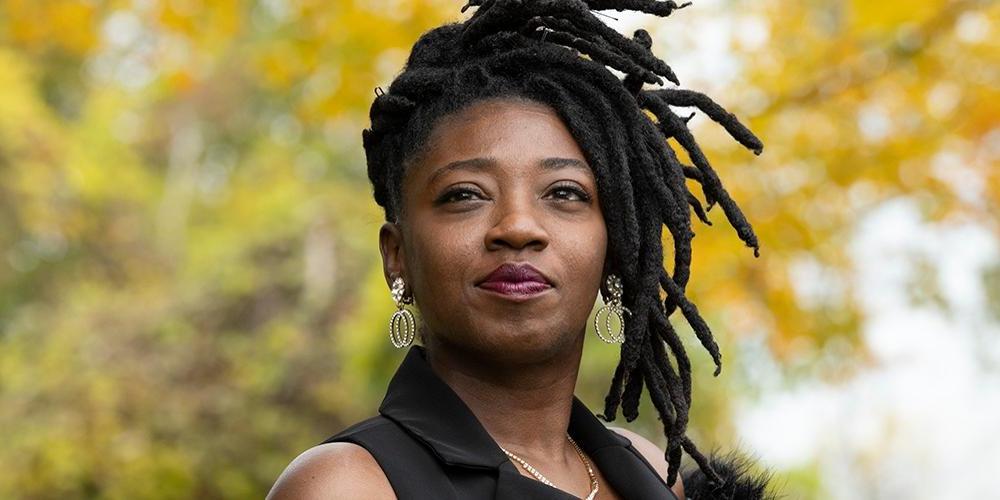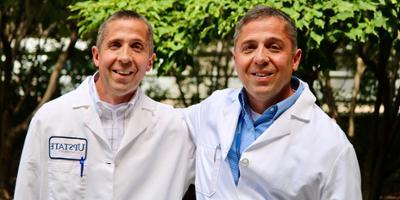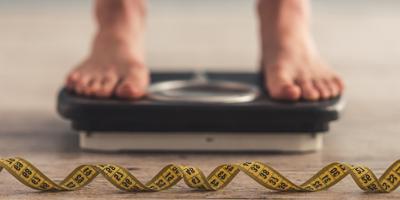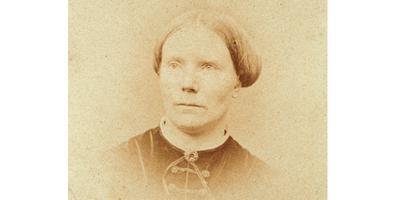'Help is on the way'
A hospital worker stricken on the job receives coordinated stroke care
BY AMBER SMITH
Tiffany Henderson-Brown continually picked up extra shifts because of the shortage of workers during the pandemic. She busily checked patients into a medical office one Friday morning in February 2021.
Reaching to open a door, her hand missed the doorknob. Over and over, her hand wouldn’t grasp it. Then Henderson-Brown began to sense that something bad was about to happen. She felt the hospital where she worked was about to blow up. She told her boss.
Her boss escorted her to the nearby emergency department. There, Henderson-Brown watched her arm lift above her head, as if she was trying to wave at someone across the room. She laughed. She remembers the nurse speaking plainly: “You’re having a stroke, and help is on the way.”
Henderson-Brown was 36 and healthy, without the common signs of stroke. Her face did not droop. Her words did not slur. She just had the weirdness in her right arm and the feelings of dread.
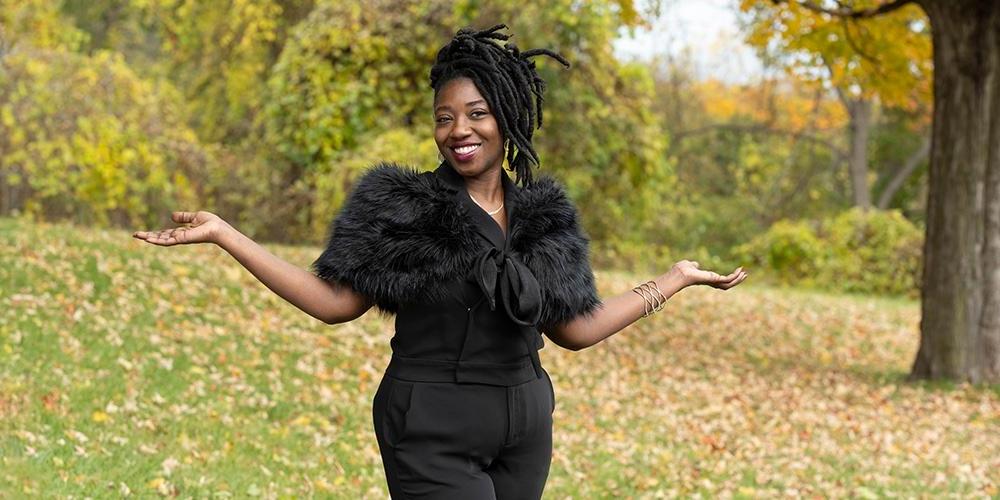
Henderson-Brown shares her stroke experience and her thoughts on perseverance in two books.
A blood clot had lodged in a vessel on the left side of her brain — and it would be years before she felt back to herself.
Doctors at St. Joseph’s Hospital Health Center quickly gave Henderson-Brown the clot-busting medication alteplase and transferred her by ambulance to Upstate.
Nurse Jennifer Dennis is the stroke program outreach coordinator at Upstate. She said Henderson-Brown’s story “shows how a primary stroke center such as St. Joe’s and a comprehensive stroke center such as ours, working together, can facilitate great outcomes for stroke patients in our community.” It also serves as a reminder that strokes can happen to anyone, at any age.
Vascular and interventional neurologist Hesham Masoud, MD, was at her side when Henderson-Brown began waking up. He had located and removed the clot. Now he was asking her what day it was and who was president. Henderson-Brown did not know. But she surprised the doctor with her ability to speak. Right away, she noticed her right hand was clenched in a fist she was unable to move.
She said she believes her stroke was caused by job stress. “There was a lot of help that was needed during COVID. I overdid it,” she said.
Four days after her stroke, Henderson-Brown was able to go home. “They told me I would never have the use of my hand again. And I’m right-handed. It was very difficult. I told them I’m not accepting this as my truth.”
She began six months of physical therapy, which ended when the therapists said her deficits would likely no longer improve. “They said, ‘It’s up to you to accept it or try to work around it.’”
Henderson-Brown struggled. Her right arm was so weak she couldn’t use it to get out of a chair. She couldn’t feel anything, and her dexterity was missing. Cooking was nearly impossible. She cut herself plenty of times trying to slice vegetables.
Unable to return to work, she found herself sitting at home day after day, drinking.
Her sons, Zacari, 19, and Zuriel, 16, noticed she wasn’t herself. “Ma,” they told her, “we are not going to let this happen.” Her sons and husband, Condrea Brown, motivated her not to fall into an alcoholic depression. They helped her focus on the things she could do, despite the lack of function in her arm. They reminded her she was still important in their lives and the lives of others.
“It’s easier to give up. It’s a lot harder to keep going,” Henderson-Brown said she knows now.
Today she is a switchboard operator at St. Joseph’s. She is sharing her story in two books, one called “Activate Your Faith, Witness Generational Turnaround,” about the life-changing experience of surviving a stroke, and another called “Stand Up, Vol. 3” about perseverance.
“Now I practice sobriety. I’m very proud of myself,” she said. “The stroke I thought was going to ruin my life has actually saved my life.”
This story appears in the 2024 Upstate Health magazine, Issue 1.

